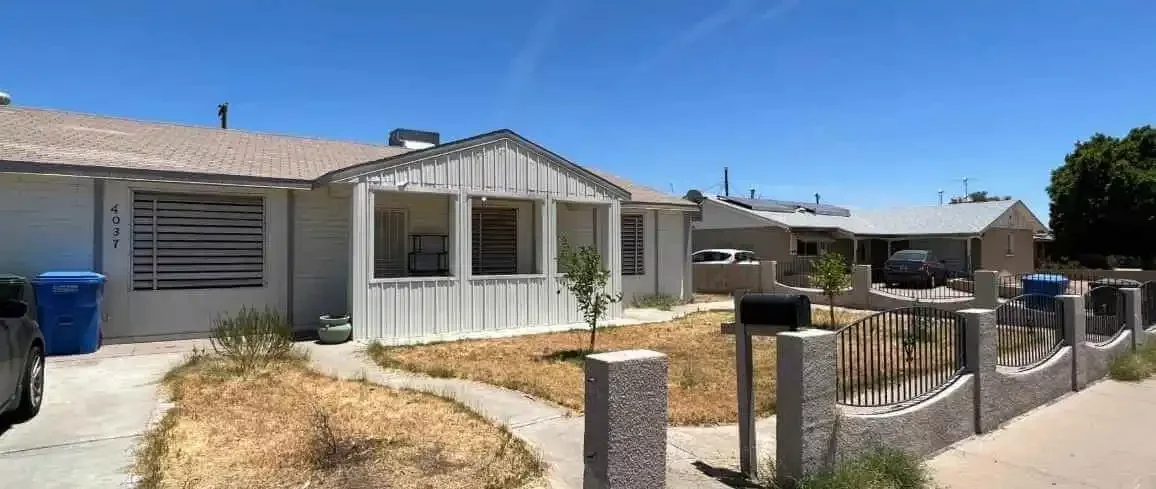Many homeowners worry there is a tax penalty for selling a house in Phoenix, but the truth is more reassuring than most expect. In most cases, there is no automatic tax penalty for selling a house in Phoenix—it all depends on how long you owned the property and how it was used.
Certain IRS rules may still apply, though, and understanding them can help you avoid surprises. This guide explains the difference.
This article is for educational purposes only and does not replace professional tax advice.

Is There Actually a Tax Penalty?
Selling a home can feel overwhelming, especially when you’re trying to understand whether there’s a tax penalty for selling a house in Phoenix. The good news is that most homeowners aren’t hit with an actual penalty just standard tax rules that depend on how long you owned the property and how it was used.
Generally:
- There is no direct penalty for selling.
- You may owe capital gains tax if the property appreciated.
- Short-term ownership can result in higher tax rates.
- Rental properties may trigger depreciation recapture.
The term “penalty” is often misunderstood.
Short-Term Capital Gains (Common Confusion)
If you owned the property for less than one year:
- Any profit is typically taxed as ordinary income.
- This is not a penalty — it is standard tax treatment.
Long-term capital gains usually apply after one year of ownership.
Primary Residence Exclusion
Many Phoenix homeowners qualify for the IRS primary residence exclusion:
- Up to $250,000 (single)
- Up to $500,000 (married filing jointly)
You can review official rules in IRS Publication 523
If you qualify, you may owe little to no federal capital gains tax.
Rental Property & Depreciation Recapture
If the property was used as a rental:
- Depreciation recapture may apply.
- This is separate from capital gains tax.
Learn more here:
👉 Taxes for Selling a Rental House in Phoenix
Arizona State Tax Considerations
Arizona includes capital gains as part of state income tax.
You can review official information through the Arizona Department of Revenue
When Might There Be Other Fees?
Homeowners sometimes confuse tax penalties with:
- Mortgage prepayment penalties
- HOA transfer fees
- Escrow fees
- Title costs
These are not federal tax penalties.
Frequently Asked Questions
Is there a tax penalty for selling my house?
No automatic penalty exists. Taxes may apply depending on ownership duration and profit.
What happens if I sell within one year?
You may owe short-term capital gains tax, which is taxed at ordinary income rates.
Do I owe taxes if I lived in the home?
Many homeowners qualify for the IRS primary residence exclusion.
Does Arizona charge a penalty?
Arizona includes capital gains as part of income tax but does not impose a separate “selling penalty.”


Great breakdown of how capital gains taxes affect home sales in Phoenix! Timing really makes a difference when it comes to avoiding penalties. At BOLD Precious Metals, we see a similar principle in investing — planning ahead and understanding tax implications can make a big difference in your overall returns.
Very informative read — understanding capital gains and timing your sale is crucial to avoid unexpected tax hits. It’s interesting how similar principles apply in precious metals investing too — strategy and timing can make all the difference. At BOLD Precious Metals, we often remind investors that just like real estate, gold and silver can help balance taxable gains with long-term stability. Smart planning today means stronger financial security tomorrow.